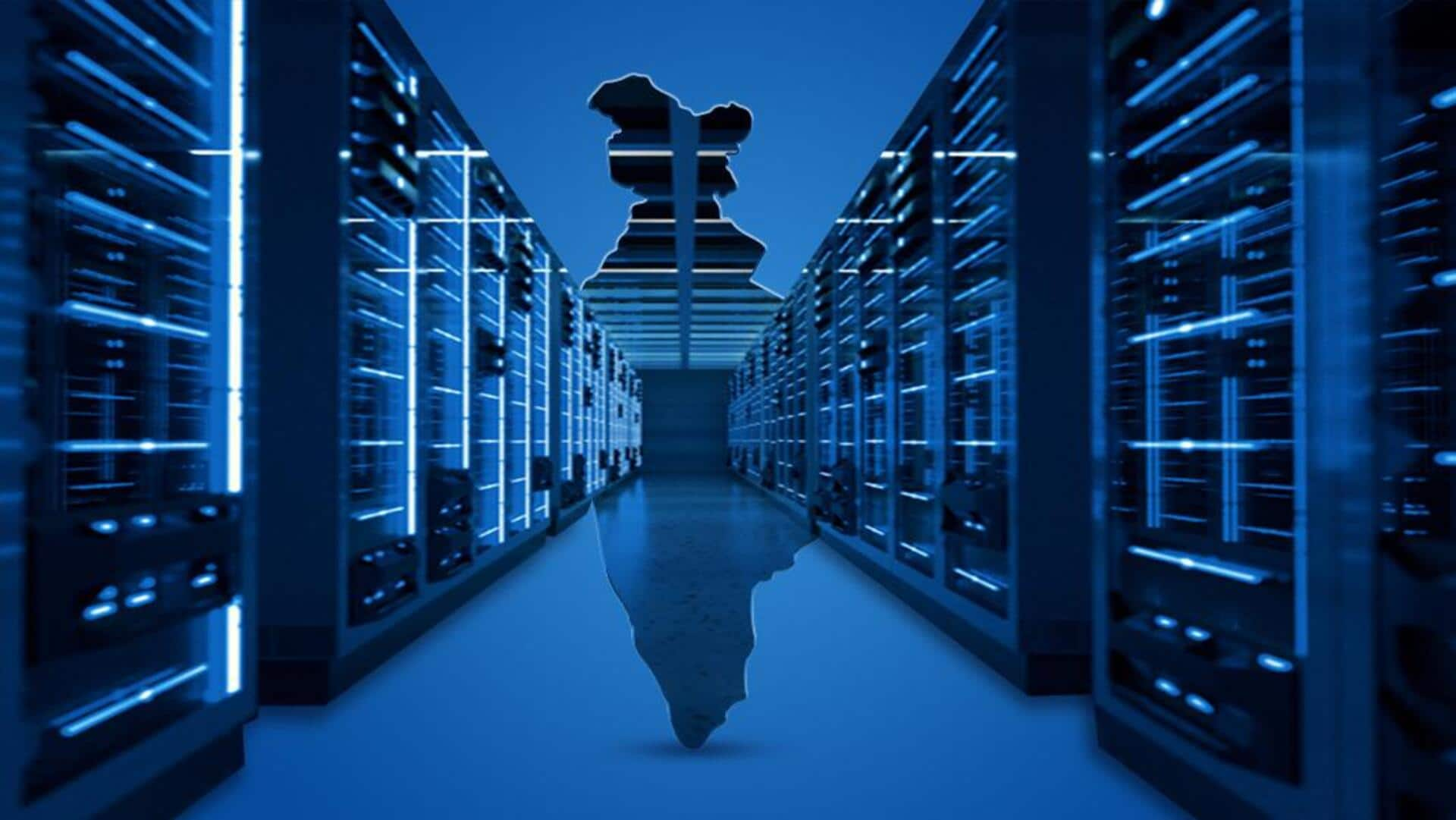
India's data centers to cross 1 GW capacity by 2024-end
What's the story
A study by Cushman and Wakefield forecasts that India's total data center capacity will surpass 1 GW in 2024.
Mumbai is on track to retain its title as India's data center capital, while Noida is poised to become a significant regional hub for installed colocation capacity (IT load) by 2024, per the report.
Currently, Mumbai accounts for over half of the nation's share, with numerous greenfield facilities slated to launch in Noida, part of the Delhi NCR region, by 2024.
Details
IT load capacity expected to reach 884 MW by 2023-end
The Data Centre Outlook report reveals that the combined IT load capacity across India's top seven cities is expected to hit 884 MW in 2023, marking a 35% year-on-year (YOY) increase from 656 MW at the close of 2022.
An estimated 230 MW of additional colocation capacity will likely be added by the end of 2023.
The upward trend is set to continue in 2024, with the country's total installed IT load surpassing 1 GW, a 2.5-fold increase since 2020.
What Next?
Mumbai, Chennai lead the way in new capacity additions
Mumbai and Chennai are expected to remain at the forefront of new capacity additions, while Noida will rise as a key regional hub.
Vivek Dahiya, Managing Director and Head of Data Centre Advisory Team for Asia Pacific at Cushman and Wakefield, stated that Mumbai continues to be India's data center capital.
Hyderabad and Noida will emerge as new hotspots for upcoming cloud and colocation capacity, Dahiya added.
Insights
Growing trend toward expansion into tier-II cities
Dahiya anticipates that edge data centers will expand into tier-II cities as established companies seek to broaden their presence throughout India.
The nationwide launch of 5G services, global hyperscalers increasing their captive facilities, and the ongoing entry of new operators in India will help maintain growth momentum.
"Favorable regulation and 5G expansion will act as tailwinds for the sector along with a continued focus on green data centers and energy savings," Dahiya said.